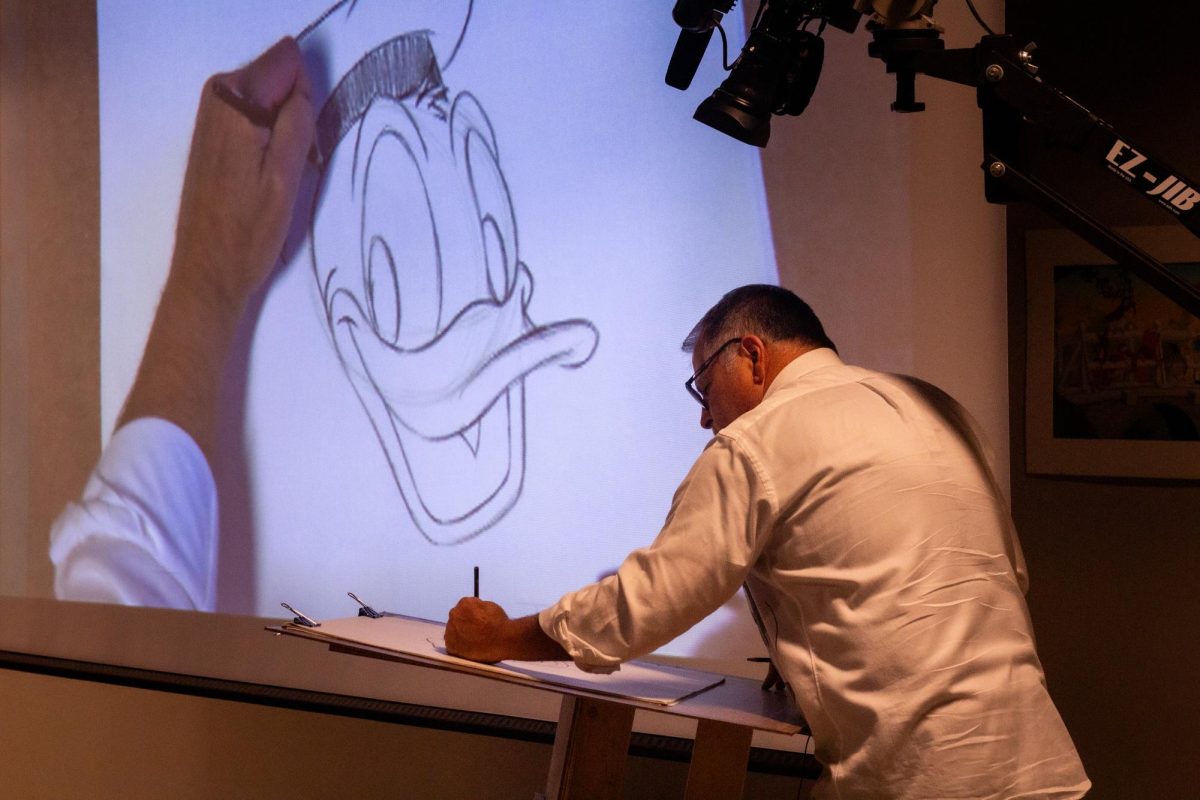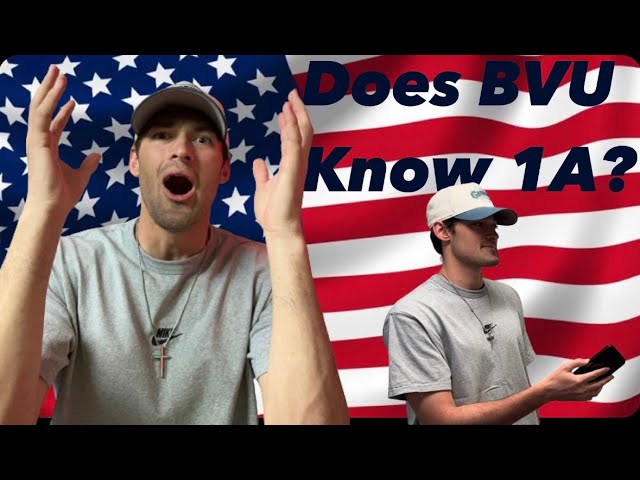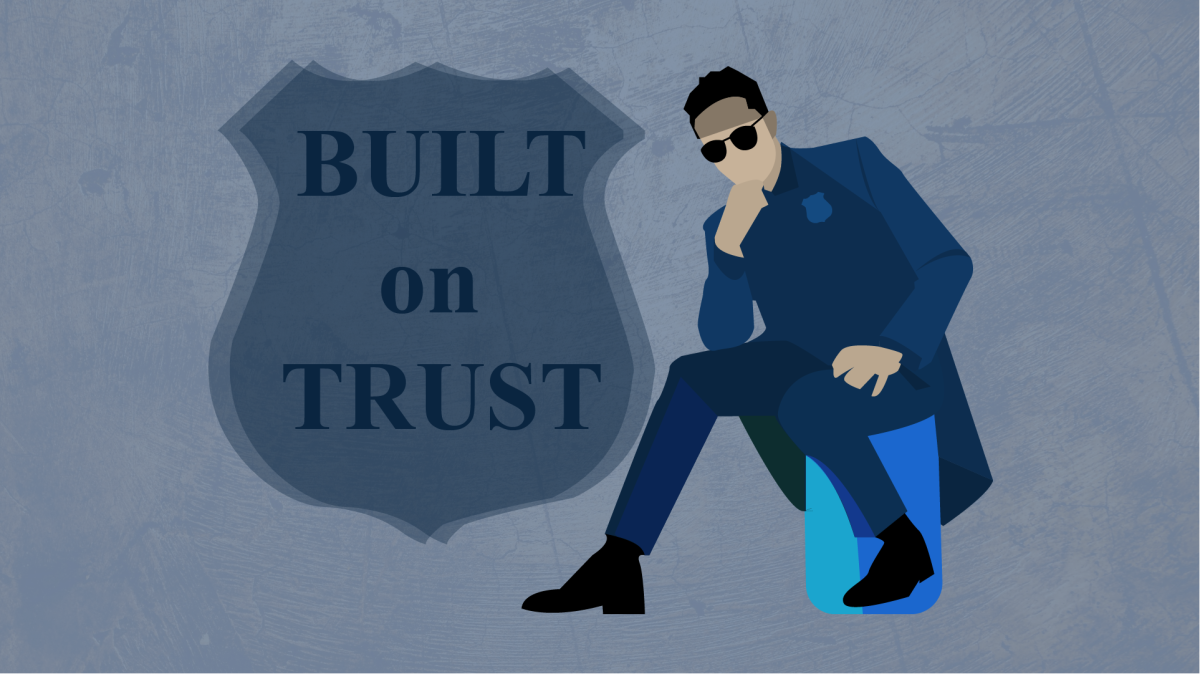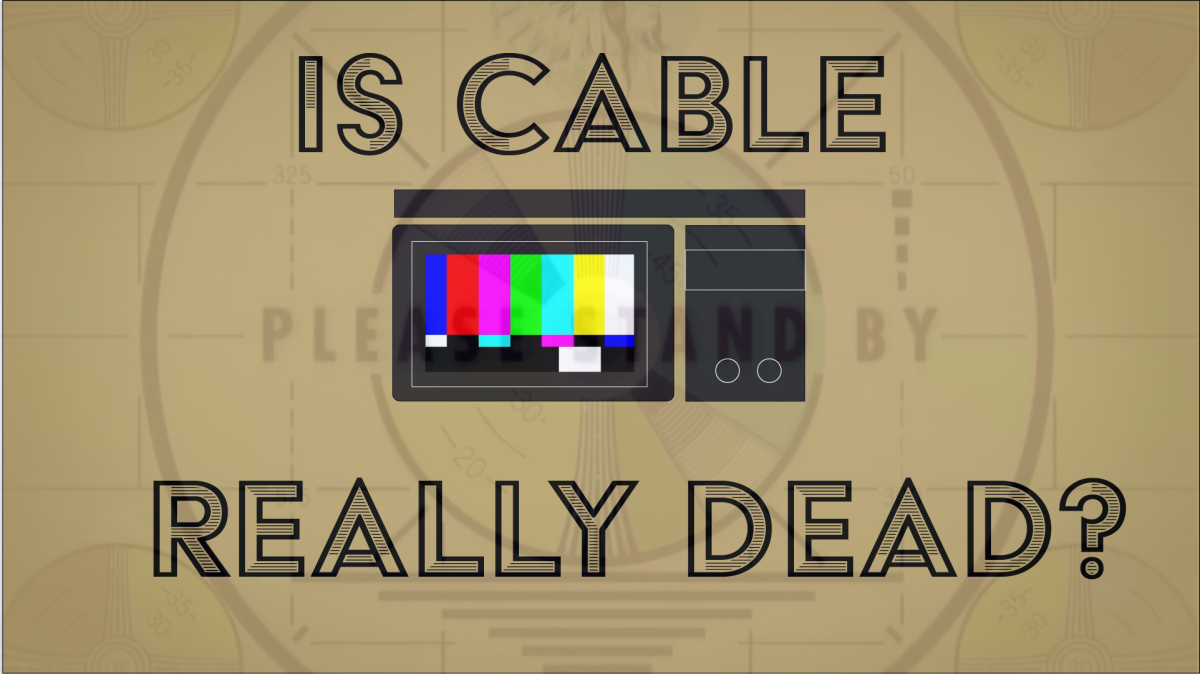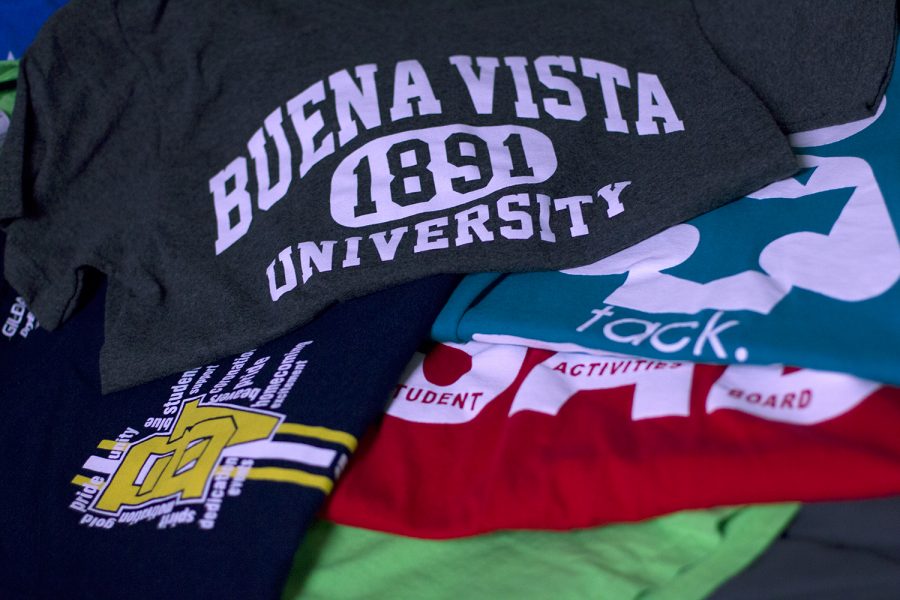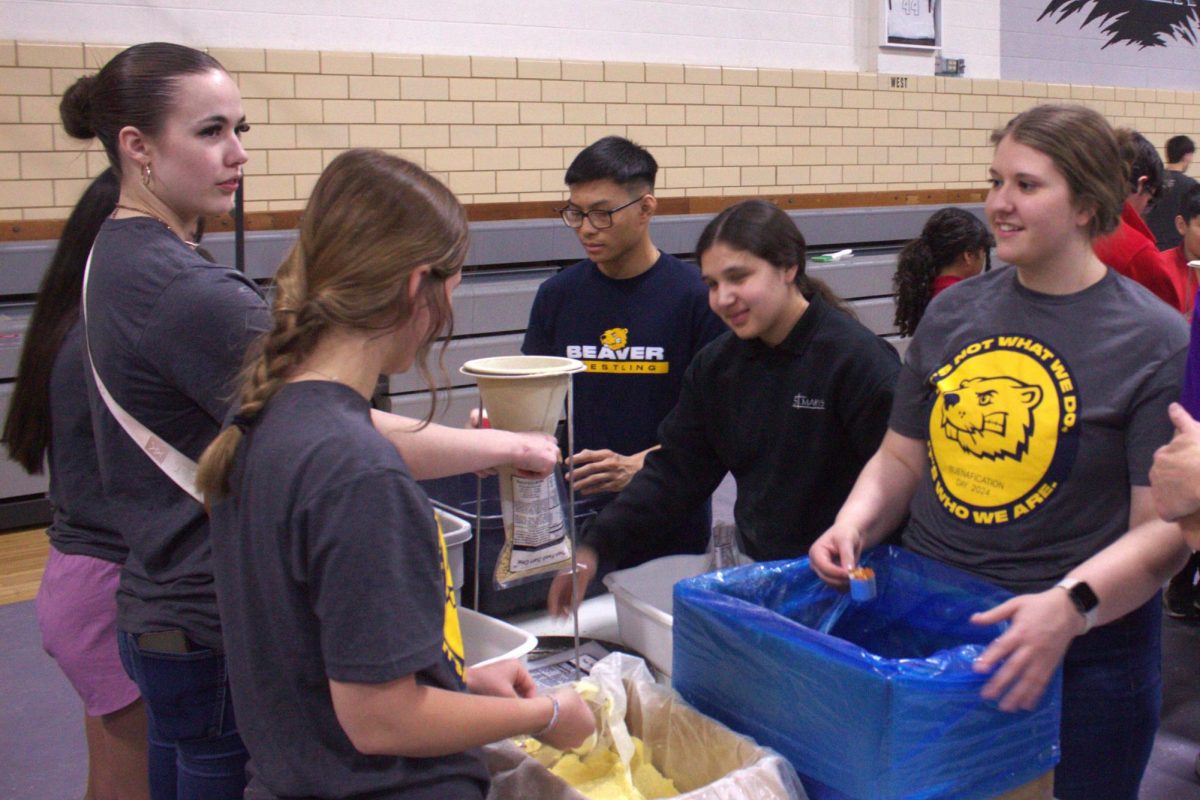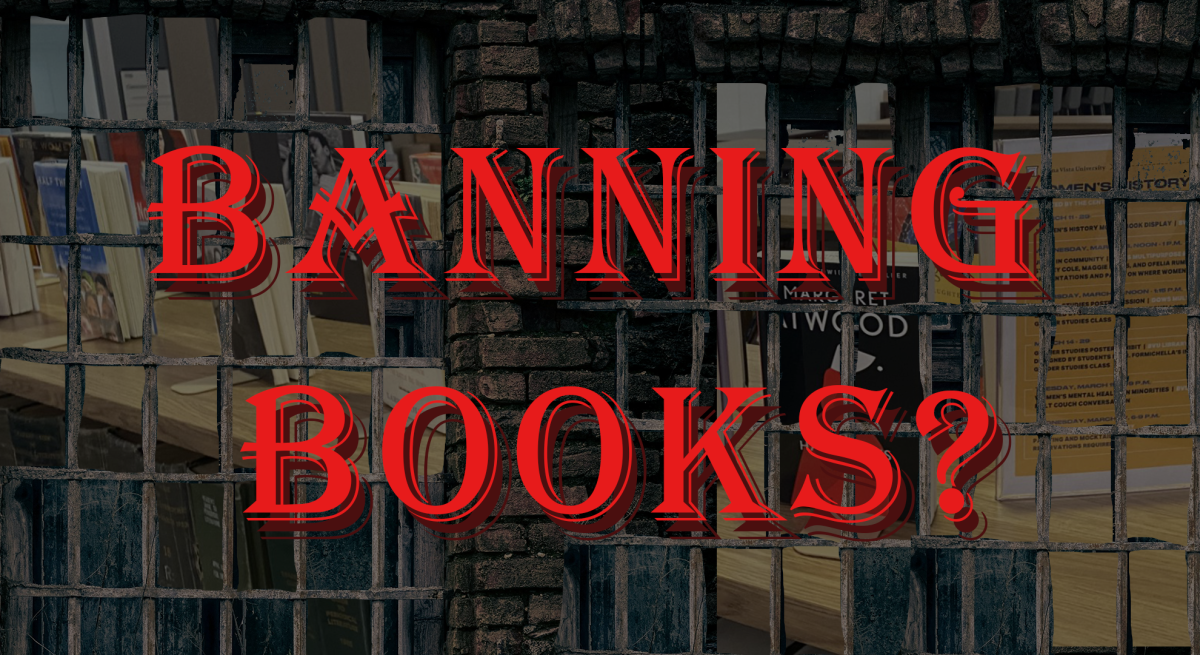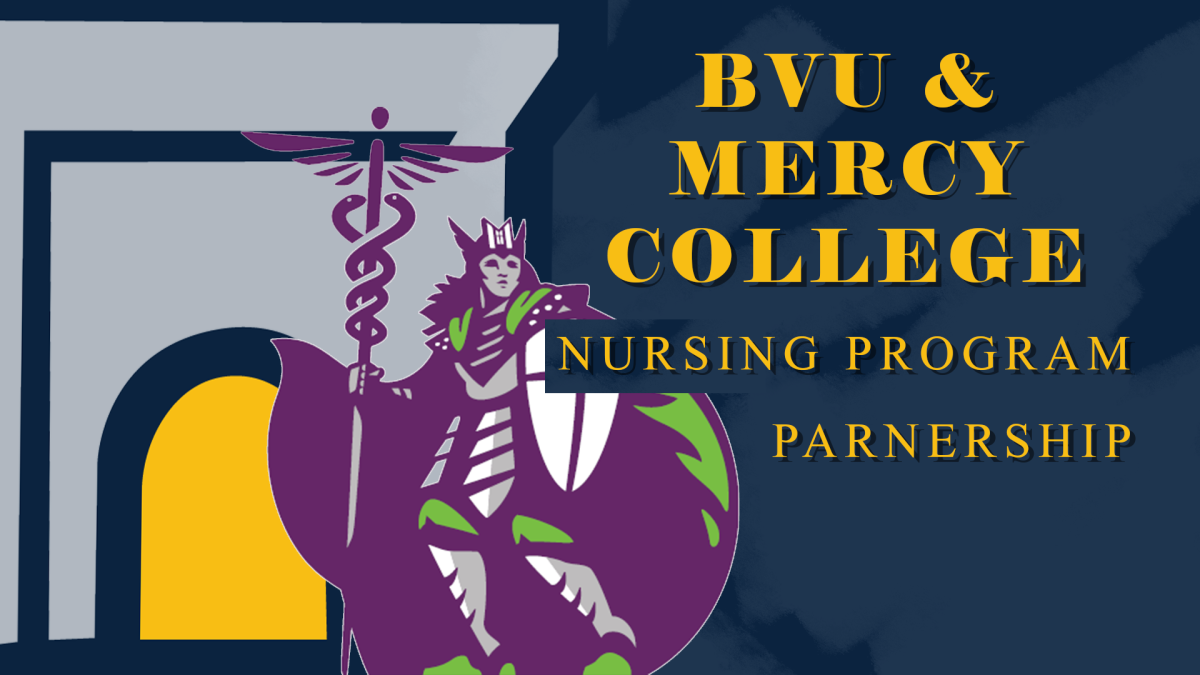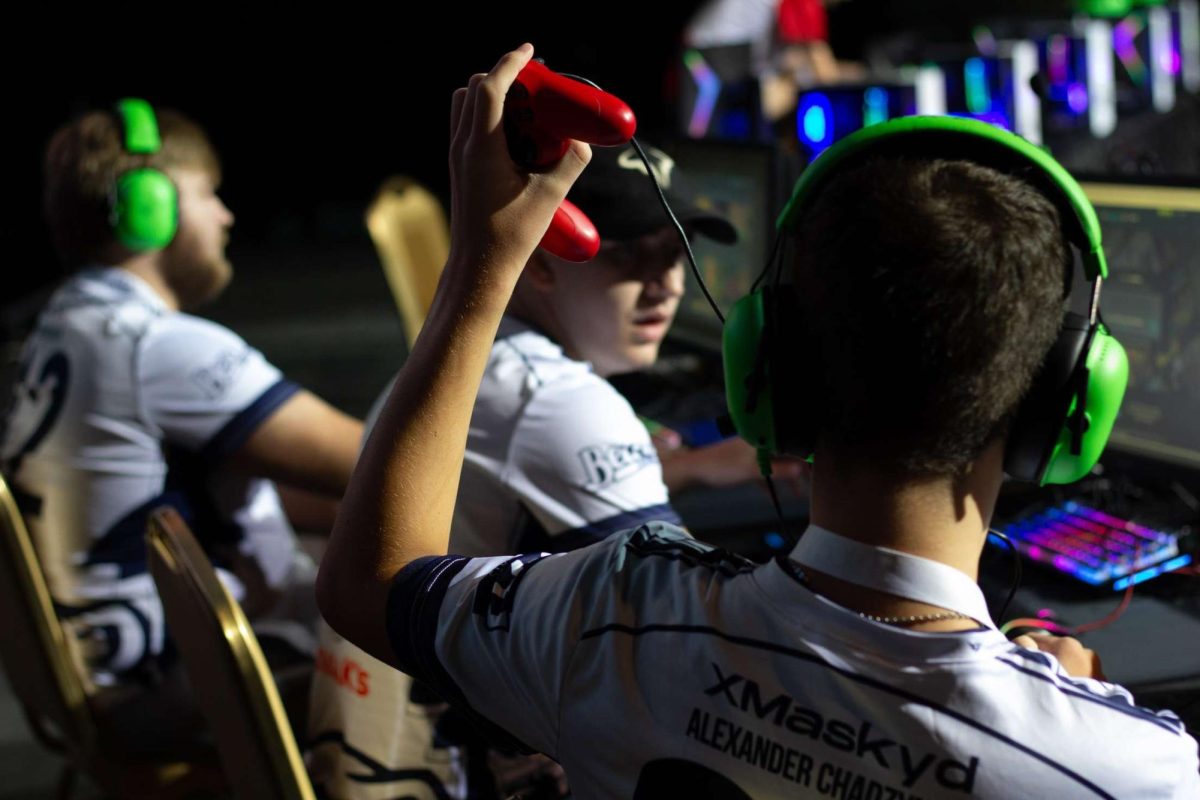Kevin Coriolon | News Editor
Student organizations at Buena Vista University (BVU) may be passing over a deep ethical question when promoting their efforts with t-shirts. Is it more ethical to buy fair trade?
Fair trade has many definitions but its basis is a system of providing workers with fair wages and appropriate working conditions. The choice to use fair trade products may be a no-brainer, yet most student organizations choose to use brands that do not identify as fair trade.
One person who would be happy if t-shirts across campus were fair trade is Associate Professor of Philosophy and Religion Dr. Swasti Bhattacharyya. She chooses to support all students who are selling shirts or fundraising in other ways no matter the shirts’ origins, but she tells these young salesmen they should consider an alternative. For example, there is a paradox in the case of shirts that represent volunteering with children through the spring break program Alternative Week of Offsite Learning (AWOL).
“Practically—probably not, but theoretically the very kid that [the student] is going to help on the AWOL trip is being oppressed by the making of this shirt,” Bhattacharyya said.
In recent years, more evidence has come about of businesses unjustly utilizing workers of developing countries who make their products. In April, a Bangladesh factory building collapsed killing thousands of workers when only the day before large cracks were found in the walls. The workers were told they would not be paid if they did not work that day. Working conditions are a serious issue in the global market along with the low standards of pay.
“Why is it that janitors can get paid substantially less than a CEO?” Bhattacharyya said. She argues that society has a skewed significance of labor where although sweepers at Disneyland ensure that the amusement park is “the happiest place on Earth,” they are at the bottom of the wage totem pole. Really, a filthy park would not bring in the thousands of people it entertains daily. Manual labor is valued far less than intellectual labor.
Bhattacharyya’s thinking does have opposition though. Associate Professor of Management Dr. Joni Anderson calls many fair trade efforts a solution to temporary problems and a “marketing ploy.”
“I don’t believe in sweatshops, but if you look at all the social change that’s [occurred] over history, how did social change happen? Groups of people banded together, like-minded, and made those changes,” Anderson said. Examples from the U.S. alone include the civil rights movement, women’s rights movement, and the industrial revolution. People who were treated unjustly revolted against the system society christened them with.
Anderson believes fair trade does not stop the abuses t-shirt makers experience overseas but allows for a “short-term band aid” instead. The explosion of fair trade products in Anderson’s mind only changes the exploitation.
Instead, community development is needed. Anderson backs organizations like the Fair Trade Federation that explicitly attempts to produce community development. This type of fair trade focuses not only on the business aspect but it also empowers the poor, impacts the environment, and supplies nutrition.
“I’m a firm believer in free access to the market place,” Anderson said. Thus fair trade also requires free trade, equal opportunities to sell without government discrimination of imports and exports. Corporations, often seen as the enemy of fair trade, could help in this aspect as they need healthy workers to survive. When the abuses get out of hand, Anderson believes human nature overcomes the exploitation.
The problem still remains of workers packed into dark factories and farmers who receive pennies for their labor. The answer to the question then lies in what buyers value most. The answer at BV lies in what students value most.
“It’s hard to be fully fair trade without doing the homework,” Bhattacharyya said. Her philosophy focuses on the purely immediate ethical side of things. The antagonism towards her view, however, looks at businesses and how economies work.
“The goals are the same,” Anderson said of the different forms of fair trade.
This is part I in a two-part story. Stay tuned for the rest!
Photo by Tyson Domingo



